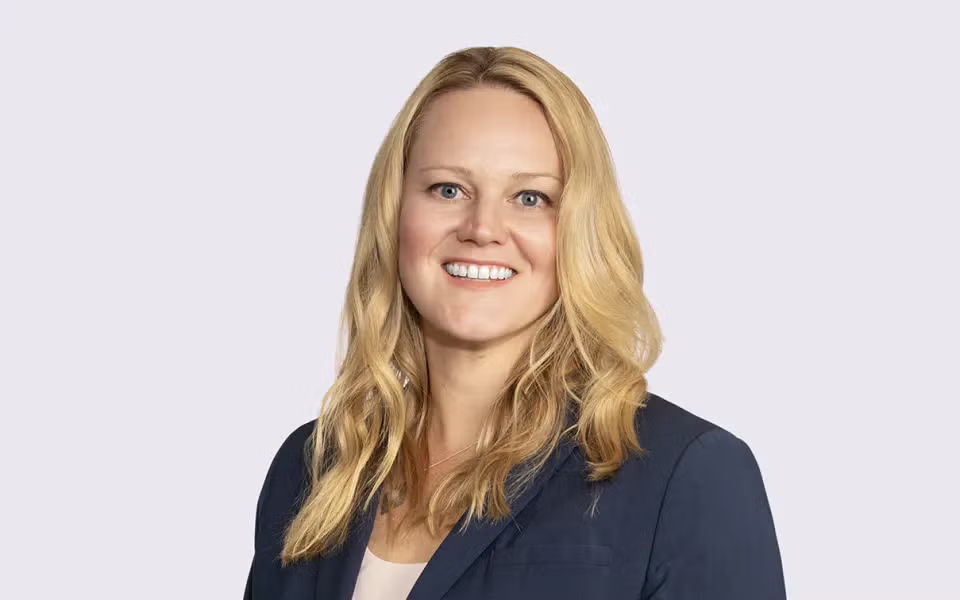
KENDRA SITTON | Uptown News
Uptown News editor Kendra Sitton recently spoke with Eilene Zimmerman about her new book “Smacked: A Story of White-Collar Ambition, Addiction, and Tragedy.” Zimmerman tells the story of finding her ex-husband dead on his bathroom floor in Del Mar in 2015 and discovering he was an IV drug user. He was a senior partner at Wilson Sonsini Goodrich & Rosati. The memoir also includes the research she did following his death about the prevalence of substance abuse in competitive industries, including law, technology and medicine. Zimmerman lived in Del Cerro at the time of Peter’s death in 2015. Zimmerman will be in San Diego from Feb. 11-13 to discuss the launch of her book, published by Random House, which is one of the most anticipated books of 2020. Those events are listed below the conversation. The following conversation has been shortened and lightly edited.
Even though he is your ex-husband, this is still something that’s very personal. Why was it important for you to share it publicly in this way?
It started with the story I wrote for the New York Times about his death. When he died, it was so shocking… he was addicted intravenously to opioids and cocaine. It was such a shock to me when I learned that even though I saw all the signs for a year, I didn’t recognize them because of who he was, his career, his wealth. When the medical examiner was at his house, I just said to her, “this can’t be.” And she said, “Actually, we see a lot of this now.” The journalist in me thought there’s a story here, but I can’t explore it right now. As I was going through a probate, I wanted to figure out, “how did this happen and we didn’t see it and couldn’t save him?” I did more and more research, and I realized that there was a substance abuse problem in law. So, I decided that after probate was done, I would write about it for the Times so that I could start a conversation about it that wasn’t happening. It felt like the only way to make meaning out of something that did not make sense — how could this guy with all this potential and all these resources to get help die right in front of us? I published the story thinking it would just be a way to start a conversation and that got an enormous amount of traction. After that, I realized there’s something worth talking about here and maybe there’s a conversation that could expand to an even wider audience or in a deeper way. I decided to write the book to continue the conversation. I think it’s easy when someone dies of a drug overdose or something related to the opioid crisis to just think, “well, it’s another overdose, that’s another death.” We don’t think about how each death affects a whole web of people and communities connected to that person. This was a way to show this is how this death impacted my life and my family, and also do some research into white collar, substance use and abuse. I went beyond law to talk about finance and medicine and technology. I felt like it was a way to serve the greater good and have meaning out of Peter’s death.
How was writing this a part of your grieving process?
I didn’t realize I needed to grieve. I was so angry at Peter for abandoning us for what felt like a very selfish thing. Through the process of writing it, I got a much fuller understanding of what was going on. I developed a lot of compassion for him. Then trying to understand the things that were going on in his life from his childhood and our marriage that probably played into his predisposition to addiction. Then why he was seeking relief from his depression or anxiety or the chronic work stress. It really helped that anger to subside and it let me more fully grieve. And I did, I felt really, really sad at a lot of points writing. It was very cathartic and sad, but I think good.
When you extended from law to technology and medicine and other white-collar areas, what research shocked you?
The part of the research that shocked me the most was there were so many professionals that are very well educated and very successful professionally and financially that felt like they had [their drug use] under control and they felt like they had very good reasons for what they were doing. It so echoed, I am sure, what went through Peter’s head because he’d been a chemist before he became a lawyer. I had a doctor say that he doses himself occasionally with fentanyl and he uses opioids occasionally. And I said to him, “how do you ethically justify this to yourself when you’re treating patients?” and he said, “I’m a doctor, like I know how to dose.” It was the same thing with lawyers: “I can take 10 milligrams of [Adderall], and it’s fine. It gets me through writing a brief or this long trial. Everybody has their reasons for micro-dosing LSD or using Adderall or Modafinil and cocaine — to help them be more productive at work, stay up longer, do more. What I kept hearing from people was that they felt that we, as human beings are not engineered to be in front of a computer for 10 to 12 hours and this was the hack. This was the only way that they could stay competitive. That surprised me because I expected people to be escaping from depression or anxiety or difficult relationships. I hadn’t fully accepted that they were using it to stay competitive.
It sounds like the very work culture itself is the cause and all these overdoses are the effect of having this very dehumanizing workplace.
There are many reasons why people use and abuse chemicals and different substances but I think that is one part of the problem for sure. It’s a very competitive world we live in. Sometimes big corporate workplaces or law firms and big law can be pretty dehumanizing and you become a double-hours machine, and that’s really tough.
What did your writing and research process look like?
[Research] was a combination of electronic forums, traveling around and interviewing people in rehabs, and then talking to people on the phone. I tried to write some of the chapters that were more memoir — so what was happening to my family, as Peter was unraveling and we were not understanding what was going on, even though in hindsight, it’s so clear. Those I didn’t need too much research for so I could write a lot of that. But then when I got to the chapters that were more heavily reported, along with some memoir, I had to wait and then when I had my research, I put everything together.
What are you hoping to achieve?
I’m hoping the book is able to continue a conversation I think started with the New York Times story. I know it’s had an effect in the legal profession. They have much more awareness now of attorney mental health and substance use problems. Everybody seems to know the lawyer that drinks too much, but they don’t think there was much awareness of lawyers that use pills and other substances. I’m hoping it widens the conversation too, so that we have people in workplaces all across the country, more concerned about their employees’ mental health [and] drug use. I’m hoping other families like mine will recognize signs that one of their own is struggling and can intervene to try to help before it’s too late. It’s a way to really build awareness that the opioid crisis is everywhere so that someone struggling with addiction looks like all of us. I think that’s a really important thing for people to be aware of, especially in the workplace, but families across the country that think they’re immune from this, this story is a way to say you’re not, and it could be happening right in front of you, and you just don’t see it.

Zimmerman’s book tour
“Smacked: An Adventure in Healing”
Adventures by the Book is hosting Zimmerman along with the CEO of the McAlister Institute
6:30-8:30 p.m. at Women’s Museum of California, 2730 Historic Decatur Road, Suite 103. $5-$27
“Smacked: Unveiling Drug Addiction in the Legal Profession”
Hosted by the San Diego County Bar Association and Lawyers Club. Lunch and books for sale.
Wednesday, Feb. 12, at 12:30-1 p.m. at SDCBA, 401 West A St., Ste. 120
Addiction in the Legal Community
A conversation with Zimmerman and Feeding San Diego CEO Vince Hall
Wednesday, Feb. 12, at 6 p.m. at Thomas Jefferson School of Law, Room 235 at 701 B St.
Substance Abuse: Problems, Policies, and Prevention
A public forum panel discussion feature Dr. Salvador Espinosa, Dr. Jennifer Rikard, Dr. Gady Zabicky-Sirot and Zimmerman
Thursday, Feb. 13, 4:30 p.m. refreshments, 5 p.m. panel at Tula Community Center at SDSU
Kendra Sitton can be reached at [email protected].












